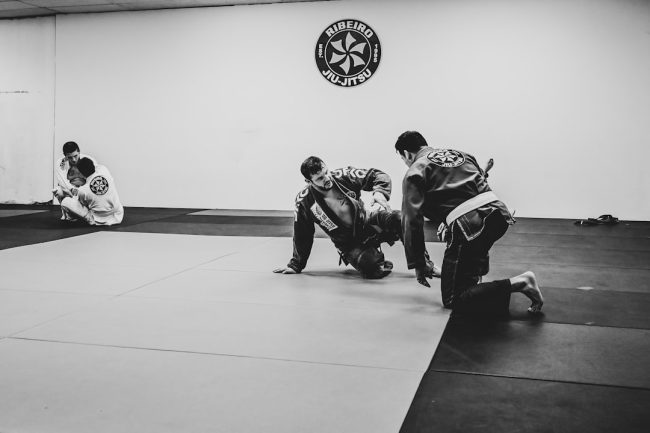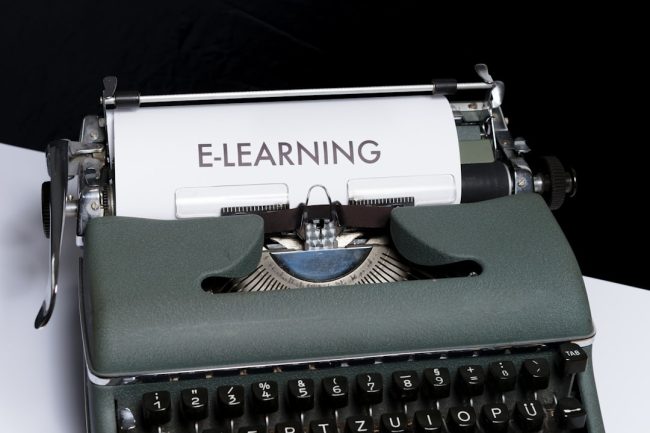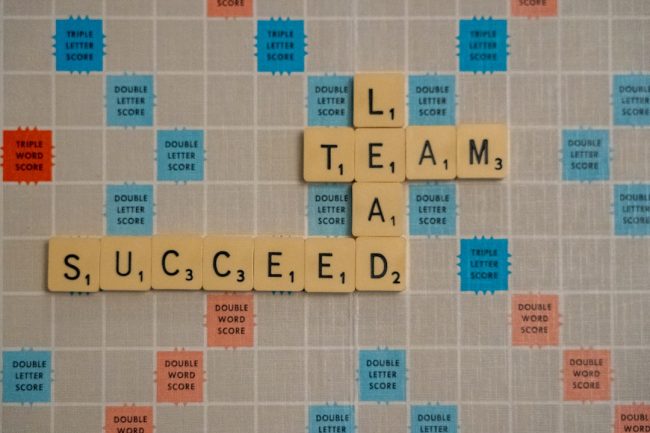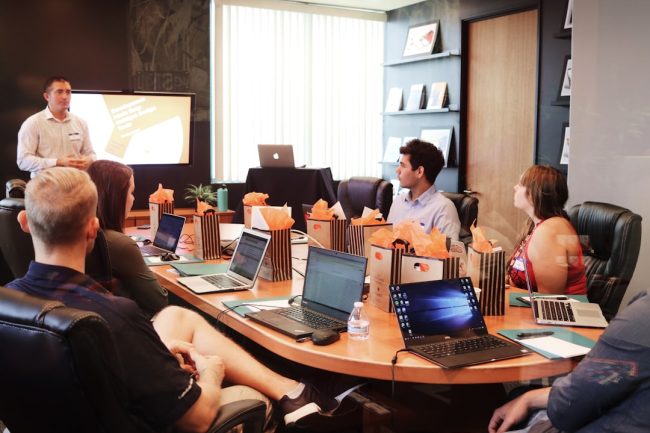Virtual reality (VR) has become a game-changing technology in recent years, changing the way we interact with digital environments. As we enter this immersive world, we discover that we are actively involved in experiences that were previously only possible in our dreams rather than merely being passive observers. With VR technology, we can enter realistic simulations, offering a special setting for education, training, & self-improvement.
This invention has wide-ranging effects, especially when it comes to developing skills & boosting confidence. Virtual reality has the potential to transform a number of industries, including healthcare and education, as we learn more about it. Through the creation of lifelike scenarios that replicate real-life difficulties, virtual reality provides a secure environment for us to hone our abilities. This article will look at the ways that virtual reality can boost our confidence when performing skill-based tasks, the mechanisms underlying this phenomenon, and the exciting prospects it has for both professional and personal growth. The Repercussions of Insufficient Confidence.
Lack of confidence, on the other hand, can result in hesitancy, nervousness, & even failure. Anyone who wants to get better at anything—sports, public speaking, or any other skill that requires skill—must understand the dynamics of confidence. Developing Self-Belief. In order to increase our confidence in skill-based tasks, we must first identify the elements that make us feel confident.
These consist of past experiences, other people’s opinions, and our attitude. Our perception of our own abilities can be greatly influenced by constructive criticism and positive reinforcement. fostering adaptability and resilience.
Also, our mentality—whether we see obstacles as chances for development or as dangers—can influence how confident we are. In order to develop resilience and adaptability—qualities necessary for learning new skills—we can cultivate a growth mindset. Our confidence levels can be greatly impacted by the immersive experiences that virtual reality can produce. We can practice skills without worrying about the repercussions in real life thanks to virtual reality (VR), which simulates real-world situations in a controlled setting.
We are encouraged to try new things in this safe environment and grow from our errors, which eventually increases our confidence. Our willingness to take chances and push the envelope increases as we use VR technology. Also, the feedback features that are incorporated into a lot of VR apps can boost our confidence even more. We can reinforce our strengths and pinpoint areas for improvement with the help of immediate performance feedback. This instantaneous reinforcement can be tremendously inspiring, enabling us to observe observable improvements in our abilities.
As we improve our skills in the virtual world, our confidence inevitably transfers to the real world, enabling us to face obstacles with more assurance. Virtual reality is increasingly being used in training for skill-based tasks in a variety of industries. Organizations in fields like medicine and aviation are using virtual reality (VR) technology to create immersive training programs that improve student learning outcomes. Pilots can refine their skills without the risks of actual flights by practicing intricate maneuvers in a simulated cockpit, for example.
In a similar vein, surgeons can practice virtual surgeries before performing real-world procedures on patients. Aside from its usefulness, virtual reality training has the added benefit of being adaptable to different learning styles & speeds. This customization guarantees that we can interact with the content in a way that speaks to us, which boosts our confidence even more as we learn new abilities.
Virtual reality training minimizes the fear of failure by offering a platform for gradual progression and repeated practice, enabling us to develop competence at our own pace. Anxiety and fear are frequent obstacles that impair our capacity to carry out skill-based tasks efficiently. Emotions like anxiety related to high-stakes situations or fear of public speaking can paralyze us and keep us from realizing our full potential. By enabling us to face our anxieties in a safe setting, virtual reality provides a potent tool for conquering these obstacles. By incorporating exposure therapy techniques into virtual reality experiences, we can gradually become less sensitive to situations that cause anxiety.
Virtual reality (VR) can be used, for instance, to mimic standing on a ledge or climbing a mountain without the associated physical risks for someone who has a fear of heights. Rewiring our responses and developing resilience are the results of repeatedly confronting these fears in a secure environment. This process teaches us to confidently handle difficult situations, which not only helps us get over our anxiety but also gives us a sense of empowerment.
Practice with purpose and develop your skills. One of the most important aspects of skill development is deliberate practice, which is made possible by VR simulations. Focused efforts are made to improve particular performance aspects through deliberate practice, & virtual reality (VR) makes this possible in an entertaining and interactive way. Deconstructing Complicated Tasks.
We can deconstruct difficult tasks into smaller, more manageable parts as we immerse ourselves in virtual environments created for skill acquisition. We can concentrate on particular abilities or methods thanks to this segmentation without feeling overburdened. As we hone our skills via constant practice and feedback, we eventually feel like masters, which boosts our self-esteem. applying skills in practical settings.
Our chances of applying our virtual skills in the real world increase with our level of proficiency. Numerous case studies demonstrate how virtual reality can improve confidence and skill development in a variety of fields. For example, medical students who have taken part in virtual reality surgical simulations have reported feeling more confident. By allowing them to rehearse procedures before going into the operating room, these immersive experiences help them perform better & feel less nervous during actual surgeries. VR training has been used by athletes in the sports world to improve their performance under duress. Without suffering the physical side effects of conventional training techniques, they can hone their mental toughness and decision-making abilities by mimicking high-stakes competitive situations.
There are many success stories of athletes who attribute their success to VR training as a means of overcoming performance anxiety. The use of virtual reality in skill development seems to have a bright future. VR is set to play a significant role in training & education initiatives in a number of industries thanks to technological breakthroughs and improved accessibility.
In our ideal society, students of all ages will be able to use immersive learning to develop their confidence and proficiency in their chosen fields. Also, as VR technology develops further, we expect even more advanced applications that meet a range of learning requirements. Opportunities range from individualized training programs to online learning communities where people can share knowledge. We are thrilled about the potential of virtual reality to empower people and revolutionize the way we learn and develop as we adopt this cutting-edge method of skill development.
To sum up, virtual reality is at the vanguard of a revolution in confidence-building and skill acquisition. VR helps us to face obstacles head-on and gradually gain mastery by offering immersive experiences that let us practice without worrying about failing. As we continue to investigate this innovative technology, we are hopeful that it will improve our lives & change education in the future.
A related article to “How Virtual Reality Boosts Confidence in Skill-Based Tasks” is “Empowering Employees with Effective Leadership Training Programs” which discusses the importance of providing leadership training to employees in order to empower them and improve overall performance. This article highlights the benefits of implementing leadership training programs and how they can positively impact an organization. To learn more about effective leadership training programs, you can read the full article here.













